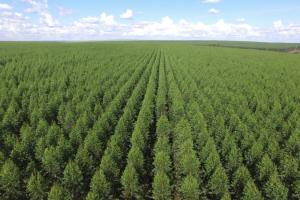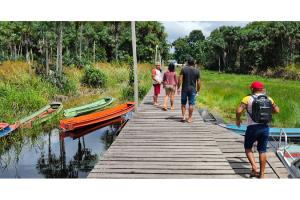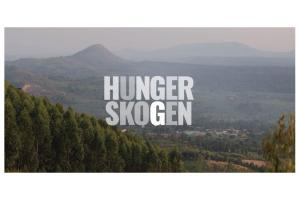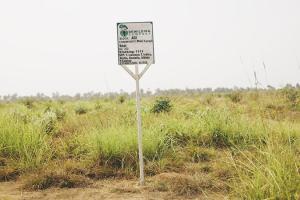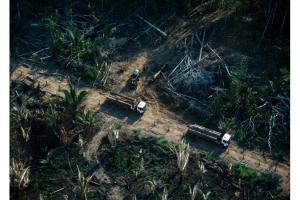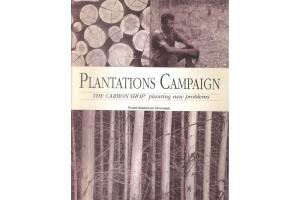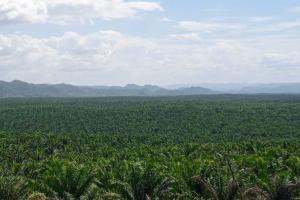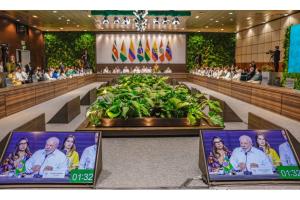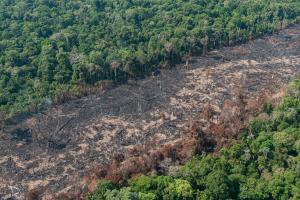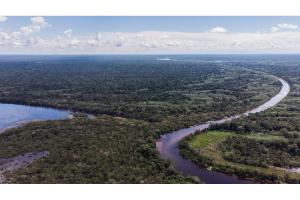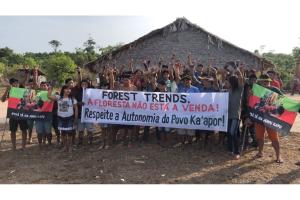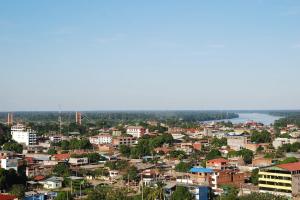Several initiatives have done their part in promoting tree plantations for carbon offsets. Regardless of whether these initiatives are led by the corporate sector, NGOs, national governments, or oil companies, polluting corporations benefit from the diversion of attention away from the need to curb fossil fuel emissions.
The Green Economy
The Green Economy is a tactic used to “clean up” the image of corporations rather than address corporate capture and capitalism as the true drivers of deforestation. False solutions promoted under the Green Economy include certification, sustainable forest management, ecosystem services, REDD+, the bioeconomy, nature-based climate solutions, and zero net deforestation. Rather than stopping it, these “solutions” support corporate-driven destruction that is causing a deep social and ecological crisis.
Bulletin articles
27 June 2024
Other information
27 June 2024
The podcast “Faroeste carbono” tells the story of how Carbonext, one of the largest carbon offset companies in Brazil, convinced quilombola communities in the state of Para in the Brazilian Amazon to sign a contract that restricts their autonomy and food production.
Other information
27 June 2024
An investigation shows that While companies like the Swedish fast food chain Max Burgers AB sells ‘carbon neutral’ burgers, a carbon offset project in Uganda is pushing families into hunger.
Other information
27 June 2024
A report documents how a tree planting carbon project in Port Loko, Sierra Leone is violating the country’s community rights laws and risks locking families into 50-year contracts. The British oil company BP has already paid USD 2.5 million to Carbon Done Right, one of the companies behind this tree plantation and carbon offset project.
Other information
27 June 2024
An investigation exposed how carbon credits from three of the largest carbon offset projects in the Brazilian Amazon are linked to a criminal operation.
Bulletin articles
27 June 2024
We recommend rereading the publication, “The Carbon Market: Planting More Problems,” written by Larry Lohmann in 2000.
Action alerts
28 February 2024
We call on organizations to sign this petition in support of the Mayan Q’eqchi community Santa Elena in the northern region of Guatemala. The community is asking for international and national support in the face of recent threats and growing criminalization by Industria Chiquibul, a palm company that supplies palm oil to transnational corporations such as Nestle and Unilever. Read and sign the letter below.
Bulletin articles
27 February 2024
The Amazon Summit: Extractivism and violence in the name of the “bioeconomy” and of “sustainability”
Using the argument of “sustainable development”, governments in the Amazon region continue providing incentives for extractivism. In the face of this, indigenous leader Alessandra Munduruku vents her thoughts: “What we need is the demarcation of indigenous territories. Enough talk of bioeconomy, of sustainability, when there is violence in the here and now.”
Bulletin articles
27 February 2024
The Amazon region is one of the final frontiers of resistance to capital expansion. This is epitomized by the struggles of social activists such as Chico Mendes, as well as by the presence of most of the earth’s remaining indigenous peoples in voluntary isolation. However, different forms of ‘green’ extractivism are currently and increasingly advancing on this territory.
Bulletin articles
26 February 2024
Indigenous communities of the Peruvian Amazon Basin have created a network to defend their rights to territory and self-determination. Their struggle is not only against deforestation, but also against conservation and carbon market projects—such as REDD projects—that cause more injustice and internal conflicts.
Bulletin articles
26 February 2024
The Ka'apor live in Alto Turiaçu, in the northwestern part of Maranhão state in Brazil. It is the largest indigenous territory of the Eastern Amazon and the largest portion of preserved rainforest in the region. Foreign companies have arrived there to propose REDD projects; this has caused conflict, and part of the community is rejecting these projects and organizing to resist.
Other information
26 February 2024
The certifying company has turned a blind eye to the fact that the Peruvian government has not only not demarcated the indigenous territory but has also given the company two contracts for concessions.
